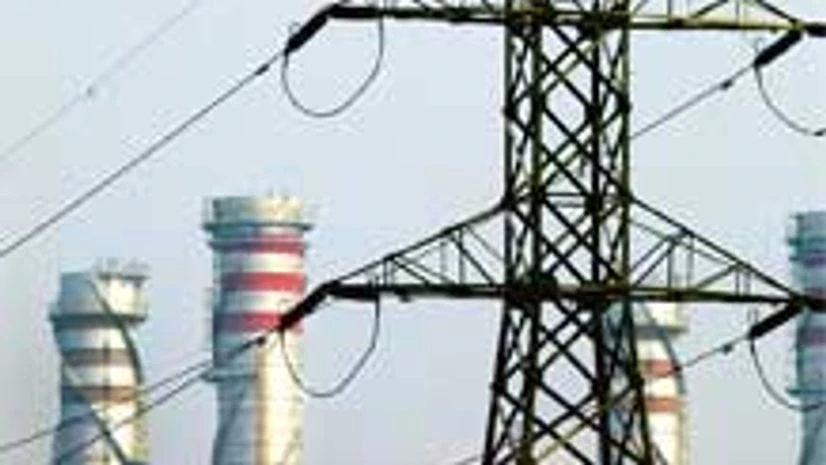Delhi’s three private power distribution companies petitioned the Delhi High Court on Wednesday against the city government’s move to have the Union comptroller and auditor general (CAG) go into their accounts.
The move lacked legal sanctity, contend Reliance Infrastructure-owned BSES Yamuna and BSES Rajdhani, and Tata Power subsidiary Tata Power Delhi Distribution Ltd (TPDDL).
“Section 20 of the CAG Act under which the present audit is sought to be done does not empower the CAG to conduct audit of private companies,” BSES stated.
Reliance Infra holds 51 per cent stake in BSES Rajdhani and BSES Yamuna, which cater to 75 per cent of the city’s 3.4 million consumers. Tata Power holds 51 per cent in TPDDL, which services the rest. The Delhi government holds the balance 49 per cent in each of the three companies, through its holding firm, Delhi Power Company Ltd. The discoms are incorporated under the Companies Act and have a distribution licence from the Delhi Electricity Regulatory Commission.
The companies say they welcome an independent audit but within the purview of the law. The new government of Chief Minister Arvind Kejriwal had on January 7 ordered a CAG audit. The process was expected to begin this week but had to be halted after the discoms opposed the move, said a CAG official.
TPDDL had on Tuesday said CAG had declined to appoint auditors to scrutinise its accounts on the company’s own request in 2002, soon after it started operation. CAG had allegedly argued at the time that an audit of private companies could not be done by it. A senior CAG official could not confirm whether this had happened CAG. He, however, justified the current audit by arguing it was in the “public interest”, on a request from the lieutenant governor.
"In its plea, CBI had stated Ambani was responsible for incorporation of shell companies such as Swan Telecom, Tiger Traders, Zebra Consultants, Parrot Consultants and Giraffe Consultancy “and their interlocking equity structures”.
Ambani, however, is learnt to have denied the allegation that Swan Telecom was a Reliance Group company.
The move lacked legal sanctity, contend Reliance Infrastructure-owned BSES Yamuna and BSES Rajdhani, and Tata Power subsidiary Tata Power Delhi Distribution Ltd (TPDDL).
“Section 20 of the CAG Act under which the present audit is sought to be done does not empower the CAG to conduct audit of private companies,” BSES stated.
Reliance Infra holds 51 per cent stake in BSES Rajdhani and BSES Yamuna, which cater to 75 per cent of the city’s 3.4 million consumers. Tata Power holds 51 per cent in TPDDL, which services the rest. The Delhi government holds the balance 49 per cent in each of the three companies, through its holding firm, Delhi Power Company Ltd. The discoms are incorporated under the Companies Act and have a distribution licence from the Delhi Electricity Regulatory Commission.
The companies say they welcome an independent audit but within the purview of the law. The new government of Chief Minister Arvind Kejriwal had on January 7 ordered a CAG audit. The process was expected to begin this week but had to be halted after the discoms opposed the move, said a CAG official.
TPDDL had on Tuesday said CAG had declined to appoint auditors to scrutinise its accounts on the company’s own request in 2002, soon after it started operation. CAG had allegedly argued at the time that an audit of private companies could not be done by it. A senior CAG official could not confirm whether this had happened CAG. He, however, justified the current audit by arguing it was in the “public interest”, on a request from the lieutenant governor.
"In its plea, CBI had stated Ambani was responsible for incorporation of shell companies such as Swan Telecom, Tiger Traders, Zebra Consultants, Parrot Consultants and Giraffe Consultancy “and their interlocking equity structures”.
Ambani, however, is learnt to have denied the allegation that Swan Telecom was a Reliance Group company.

)
